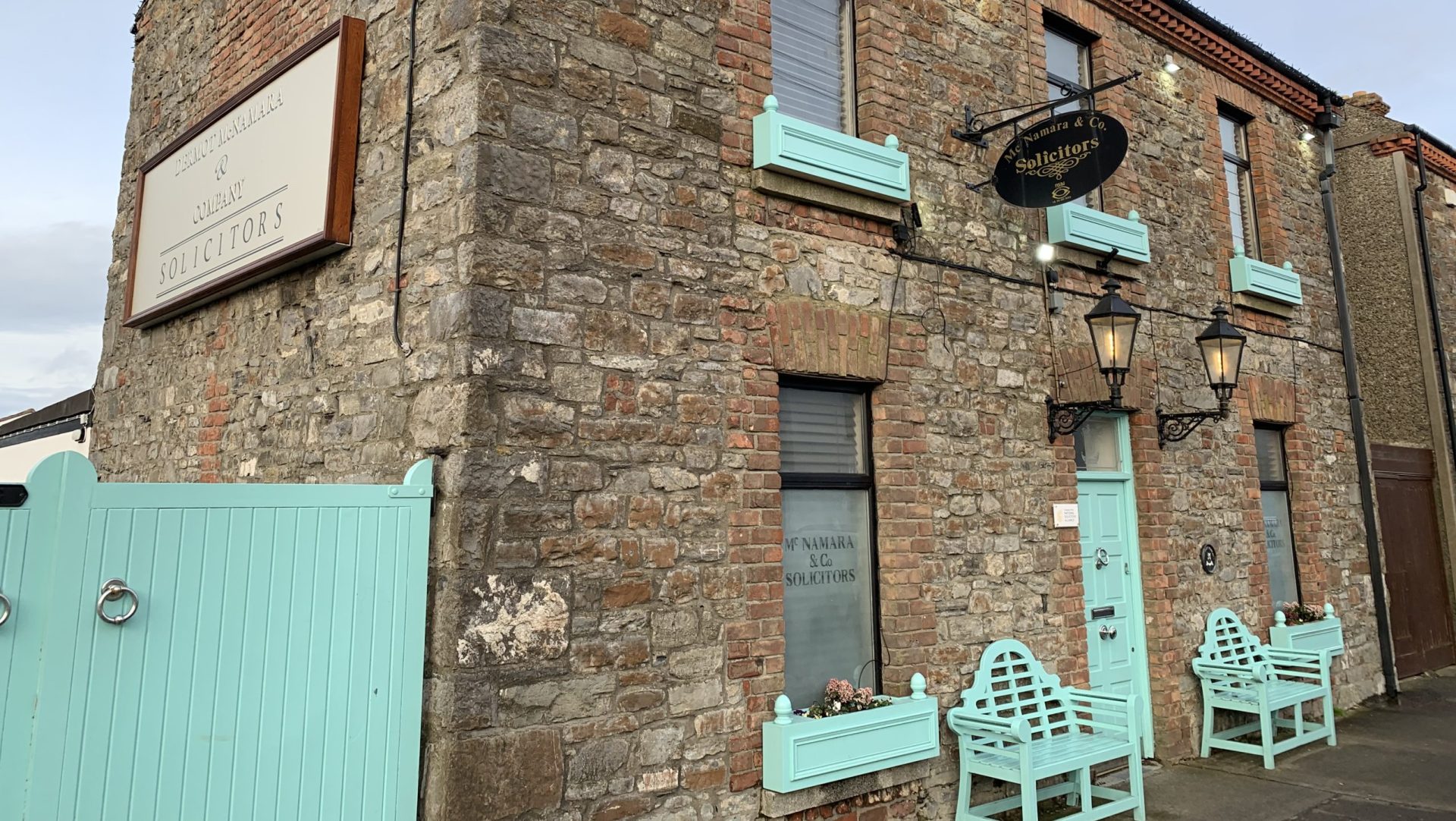9 things to know about the role of the club committee
9 things to know about the role of the Club committee
1. The rules should clearly state that the Chairperson has a casting vote and that his/her decision is final on Points of Order.
2. The Chairperson’s function is to maintain order, ensure meetings are conducted in accordance with the rules, and that the principles of Due Process and Natural Justice are applied in all decisions and determinations made by the Committee.
3. The Secretary’s functions are mainly to organise meetings, to record what transpires at all such meetings and to deal with Club correspondence.
4. It is the Secretary’s function to ensure that all meetings comply with the requirements laid out in the rules (i.e. that Notices are sent and the period of notice complies with the rules).
5. The Treasurer is required to keep a record of all financial transactions concerning the Club’s business as might he directed or required by the Auditors of the Club or by the Chairperson, and must be able to easily identify all income received and all payments and expenditure by the Club.
6. Trustees are appointed because the Club has no legal capacity to own property in its own right unless the property is registered in the name of each and every member.
7. If the Trustees are sued they are entitled to use the Club assets to satisfy any Court award. However, if the Club’s assets are insufficient to discharge the Court award, the Trustees are personally responsible unless the rules provide an indemnity from the members.
8. Title deeds should be registered in the name of Trustees as joint tenants and not as tenants in common.
9. To avoid unnecessary legal fees, Trustees should be elected for periods not less than five years.
[cta headline=”Need professional help for your club?” buttontext=”Get in touch” buttonlink=”https://www.dermotmcnamara.ie/contact/” ]Dermot McNamara is the author of “A Legal Guide for Clubs and Associations”; the only book published in Ireland which covers this subject. [/cta]

